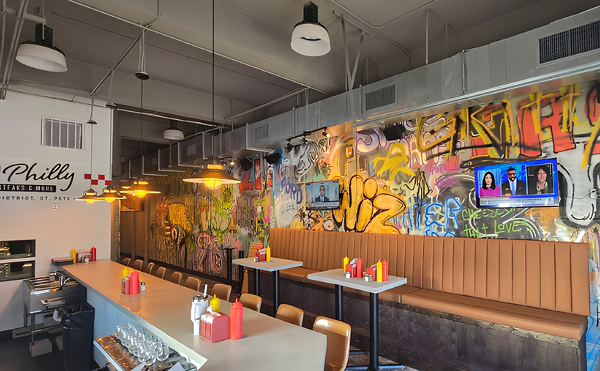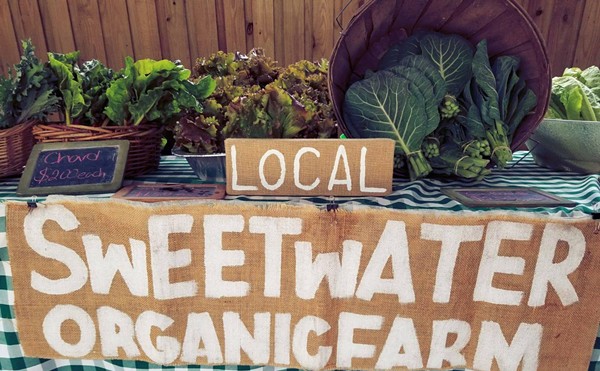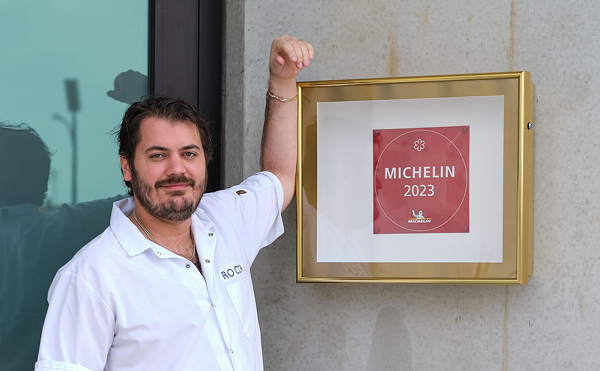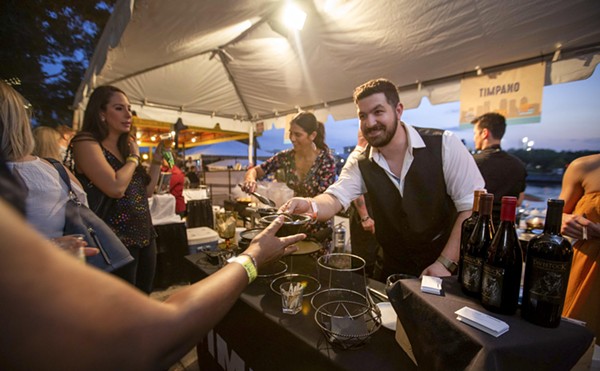The phrase "organic wine" freaks out most Americans, summoning up images of pot-smoking hippies living in sin. But wait until they hear about the souped-up, black magic version of organic: biodynamic winemaking. In an effort to re-capture the pure, pesticide-free soil of yesteryear, a silently growing revolution of winemakers is emerging across the globe. They use holistically inspired growing techniques to pump up produce and soil quality. And high-profile winemakers are beginning to embrace the practices.
About 50 years back, before Big Chemical began influencing farmers, organic wine was all you could buy. But the introduction of -cides created bigger crops with less work, and more profit. The chemicals stripped the soil of valuable natural nutrients, creating a cyclical dependency on pesticides, herbicides, fungicides and fertilizers. Now, we're seeing a slow move back to the Way Things Used to Be.
Biodynamic winemaking began with the teachings of Austrian philosopher Rudolf Steiner (1861-1925). He viewed the farm as a living system, and emphasized diversity in the vineyards — growing a variety of plants to attract insects and raising animals to provide manure for fertilizer.
Biodynamics also involves applying special mixtures to crops. One concoction is created by fermenting manure in a cow horn over the winter, then spreading it over the vineyard in the spring. Another method is applying oak bark fermented in the skull of a domestic animal. Diehard biodynamic farmers believe these practices fix problems with pH and salinity, help fight soil diseases, and increase beneficial microorganisms.
Application of these compost mixtures is planned according to the phases of the moon and planetary movement. Biodynamic thinking tries to balance the four influences on the vineyards: water, earth, air and fire, harmonizing the world's energies with the grapevines. Bizarre? Maybe. But these biodynamic farmers hark from some of France's most renowned wine estates, like Chateau de Beaucastel in the Rhone Valley. California's successful, family-owned Benziger Winery started going biodynamic in the late '90s, a few years behind France. Winemaker Mike Benziger states on his website: "A biodynamic vineyard is free to draw complexity, flavor and character from its roots below and abundant sunshine above. As a result, biodynamic vineyards can produce a totally unique wine with boundless charisma."
But some winemakers doubt the benefits. Fred Payne is a winemaker at Michel Schlumberger Winery in Sonoma Valley, California. Payne calls the practice "state of the art farming, circa 1920." He believes additional manipulation decreases the vigor on the vine, and the practice of tilling the soil lessens the nutrients for the vines. Others, like Matias Lecaros, winemaker from Chile's leading organic winery Carmen, don't buy the whole concept, since the benefits can't be proven. "In organic [winemaking], you have science, not just faith," Lecaros says. "I know the effect of the spider on the vineyards, but not the moon."
But does biodynamic wine taste better? Rumor has it that biodynamic has beaten organic in taste tests. I'd love to believe something this alternative would trump other wines, but personally I haven't been moved. I'll keep exploring the wine aisle in my local health food market, in the faith that one day the moon and stars will make a difference in my glass.
RECOMMENDED WINES
Domaine Alfred 2002 Da Red Edna Valley Chamisal Vineyards (CA) This biodynamic red blend from southern California smacks of earthy dark cherry, laced with vibrant mint and chocolate. Great rich finish that holds your attention. Sw=1. $16. 3.5 stars
Yorkville 2002 Petit Verdot Mendocino County (CA) Light bodied for this normally inky, hefty grape. Tart cranberry, cherry and coffee float in this easy-going red. Sw= 1. $9. 3.5 stars.
E-mail Taylor at [email protected].
















